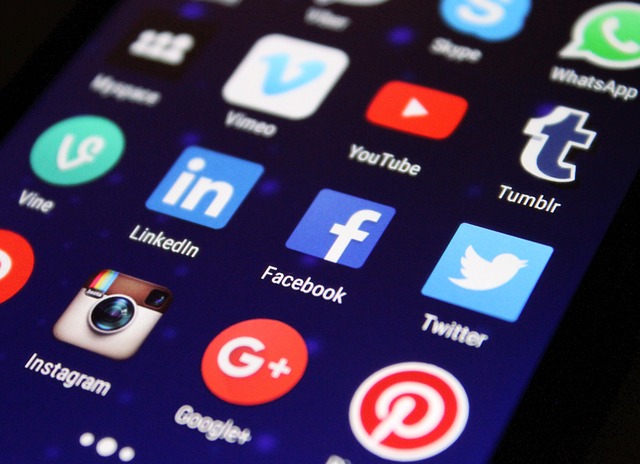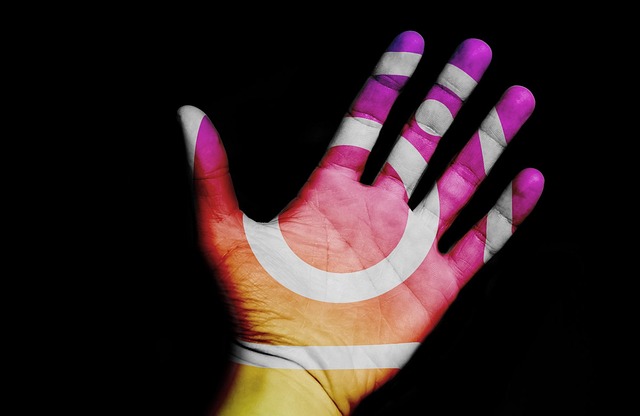In a world increasingly dominated by screens, the social media impact on mental health is a silent battle that many individuals face every day. Platforms designed to keep us connected now often leave us feeling isolated, inadequate, and overwhelmed. As we scroll through seemingly perfect lives captured in tiny squares, it’s all too easy to compare our reality against a filtered version that others choose to present.
Feeling the weight of this comparison game can lead to a whirlwind of emotions—anxiety, depression, and diminished self-worth are just a few consequences that can arise from constant exposure to curated content. The emphasis on likes and shares creates a vicious cycle where validation is often sought through external means rather than internal acceptance. The pressure to present a flawless online persona can become burdensome, ultimately impacting our real-life interactions and mental well-being.
Moreover, the social media impact extends beyond personal struggles with self-image. Research indicates links between increased screen time and sleep disturbances. Late-night scrolling deprives individuals of essential rest, leading to a vicious cycle of fatigue and further emotional instability. The overstimulation from notifications, messages, and posts can easily turn an ordinary day into a chaotic whirlwind, leaving many feeling perpetually anxious.
Yet, it’s critical to acknowledge that social media isn’t inherently harmful. When harnessed positively, it can foster community and connection. For many, online platforms serve as a lifeline, offering support networks and spaces for self-expression. Mental health advocates are increasingly using their platforms to raise awareness, promote healthy coping strategies, and share authentic narratives, bridging the gap between vulnerability and empowerment.
The challenge lies in balancing the use of social media with mindfulness. Setting boundaries around screen time, curating a feed that reflects authenticity, and engaging with content that uplifts rather than diminishes can foster a healthier relationship with these platforms. It’s essential to remember that behind every post is an individual facing their struggles, often not reflecting the complete picture of their reality.
In essence, the social media impact on mental health is a multifaceted issue. Awareness is key: understanding how these platforms influence emotions can empower users to reclaim their narrative. As users, we must take charge, seeking out genuine connections rather than succumbing to the pressure of superficial interactions. Embracing this journey toward mental wellness involves not merely surviving in this digital landscape but thriving amidst its complexities.



